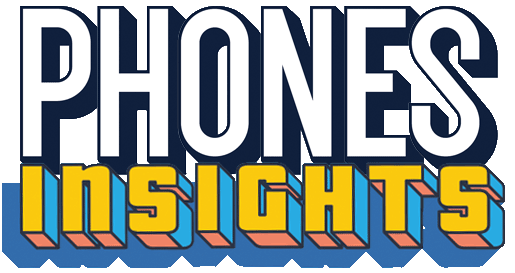What you should know
- Apple has filed a legal case challenging decisions made by the European Commission under the recently introduced DMA.
- Tech giants Meta and TikTok have also filed appeals disputing the Commission’s decision to include their services under the DMA.
- The DMA targets 22 “gatekeeper” services operated by six major tech companies, with the goal of simplifying user movement between competing services.
- The legislation involves compelling platforms to interoperate their messaging apps with rivals and allowing users to decide which apps to pre-install on their devices.
Full Story
Earlier this month, reports emerged of Apple’s acceptance of third-party app stores in Europe due to the Digital Markets Act (DMA) which was recently adopted across EU countries. However, new developments indicate that Apple is now seeking to challenge this decision. According to reports from Reuters, Apple has officially filed a legal case challenging the decisions made by the European Commission under the recently introduced DMA. The specifics of Apple’s legal challenge remain undisclosed, but it is reported that the company will contest the inclusion of its App Store on the list of gatekeepers, which requires it to allow rival app stores on its devices.
Apple is not the only tech giant to challenge the European Commission’s decision. Meta and TikTok have also filed appeals disputing the Commission’s decision to include their services. Meta disagrees with the designation of its Messenger and Marketplace services under the DMA, while TikTok argues that its designation poses a risk of solidifying the power of dominant tech companies.
Under the DMA, the European Commission has the authority to designate digital platforms as ‘gatekeepers’ and the legislation targets 22 “gatekeeper” services operated by six major tech companies—Microsoft, Apple, Alphabet’s Google, Amazon, Meta, and ByteDance’s TikTok. The goal of the legislation is to simplify user movement between competing services by compelling platforms to interoperate their messaging apps with rivals and allowing users to decide which apps to pre-install on their devices.

